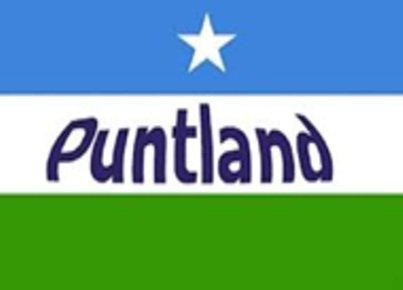Garowe (WDN) – A wave of outrage is surging through Puntland following grave warnings from traditional elders in Bari region and former government minister Dr. Guuleed Saalax Barre regarding what they describe as the unlawful looting of the region’s natural resources. Their concerns, centering on the unsanctioned extraction of minerals in sensitive areas such as Majiyahan, Hafun, and Dhalan, have reignited long-standing fears of exploitation, political negligence, and creeping authoritarianism.
The elders issued a joint statement condemning the President Deni administration’s actions, warning that the current trajectory threatens to provoke communal unrest and reignite past conflicts in mineral-rich areas.
“We warn against incitement, militarization, and the outbreak of violence in peaceful communities. The administration’s rhetoric and resource schemes are laying the groundwork for armed conflict,” the Bari elders cautioned.
Dr. Guuleed, one of Puntland’s key opposition, strongly endorsed the elders’ statement and criticized the administration for bypassing legal protocols and ignoring public consultation.
“We support the elders’ principled stance. The exploitation of our land and sea wealth without transparency or community benefit is reckless and destabilizing. The president and his inner circle must be held accountable for the legal, security, and social consequences of this lawless resource scramble,” Dr. Guuleed declared.
In response, the Presidency attempted to deflect the rising criticism through a statement from Ahmed Abdi Hurre, a self-styled Political and Public Relations Advisor to President Said Deni. Hurre accused opposition politicians of spreading “dangerous misinformation” and dismissed their concerns as “propaganda” meant to sabotage the ongoing Calmiskaad military operation against ISIS remnants.
“These falsehoods insult our soldiers and undermine national security,” Hurre claimed, attempting to link criticism of the administration’s resource policy to attacks on Puntland’s counterterrorism efforts.
However, Hurre’s intervention has triggered even deeper skepticism. In Puntland political circles, his position is widely regarded as nominal and lacking both substance and credibility. Critics note that Hurre has no professional background, no public service experience, and no qualifications to hold such a sensitive role—his appointment is attributed solely to familial ties.
Political observers argue that if the administration truly respected the public and the severity of the allegations, the appropriate response should have come from the Deputy President or the Minister of Water and Minerals—officials with actual portfolios and authority—not from a “fake advisor” with no institutional weight.
“This only confirms our worst fears,” said one former MP who spoke on condition of anonymity. “The government is dodging accountability by hiding behind figureheads, while the real decision-makers operate in the shadows.”
The growing disconnect between the Puntland leadership and its traditional and civic stakeholders underscores a deeper legitimacy crisis. What began as local concern over resource management has now become a symbol of a broader resistance to unilateralism, nepotism, and the erosion of Puntland’s hard-won political institutions.
As elders and intellectuals call for restraint and a return to lawful governance, the question remains: Will the Deni administration heed the warning signs—or continue down a path that could unravel the stability Puntland has long cherished?
WardheerNews


Leave a Reply